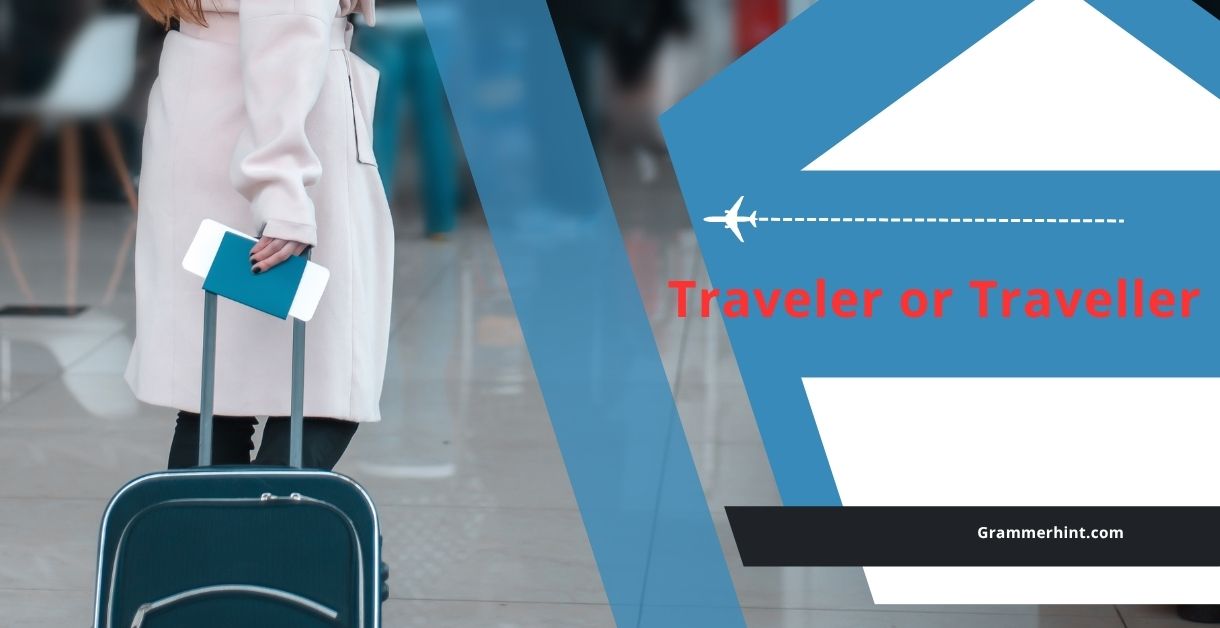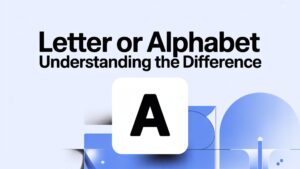If you’ve ever wondered whether to write traveler or traveller, you’re not alone. These two words spark confusion all over the world, especially for writers, students, and professionals aiming for consistent and accurate spelling.
So, which is correct: traveler or traveller? The answer depends on where you are, who your audience is, and how consistent you want your writing to be.
Let’s dive into the difference between traveler and traveller, examine the spelling rules in English, and clear up the regional variations in English that affect your choice.
American Way: ‘Traveler’
In American English, the correct form is Traveler spelled with a single “L.”
Why does “Traveler” have one L?

It all goes back to simplified spelling. When American English began to standardize in the 1800s, lexicographer Noah Webster pushed for spellings that looked and sounded more phonetic and consistent. Thus, “traveller” became “traveler.”
This fits a broader pattern:
- Cancel becomes canceled (not cancelled)
- Label becomes labeled (not labelled)
- Model becomes modeled (not modelled)
These are part of orthographic variation driven by a desire for spelling consistency in writing. That’s a big deal in American publications, education, and media.
Email Example (American English)
Subject: Travel Reimbursement Form
Hi Marcus,
Please find attached the travel reimbursement form for our traveler team members. Make sure all receipts are itemized before submission.
Best, Sarah Patterson
As you can see, the spelling traveler aligns with American vs British grammar rules.
British Style: ‘Traveller’
In British English, the preferred form is Traveller with a double “L.”
Is “Traveller” correct spelling?

Yes, in the UK, Ireland, and many Commonwealth countries, traveller is the traditional spelling. British English tends to preserve older forms, making “traveller” a standard example of English spelling rules grounded in language consistency over time.
Cultural spelling preferences
The double “L” isn’t just aesthetic; it’s tied to cultural spelling preferences that value the preservation of traditional forms over simplification.
Examples:
- Travelling (vs traveling)
- Labelled (vs labeled)
- Cancelled (vs canceled)
Email Example (British English)
Subject: Travelling Expenses
Dear David,
I’ve forwarded the invoice for the traveller accommodations. Please ensure it’s added to the July ledger before Friday.
Kind regards, Lydia Thompson
Clearly, the British spelling difference lies in the double L vs single L format.
Where and How to Use
So, how to spell traveler? It depends on location and audience.
| Region | Standard Spelling | Example |
|---|---|---|
| United States | Traveler | Frequent traveler |
| Canada | Traveller | Business traveller |
| United Kingdom | Traveller | Lone traveller |
| Australia & NZ | Traveller | Adventurous traveller |
Writing Tip
If you’re writing for a global audience, it helps to stay consistent. Don’t mix traveler and traveller in the same piece unless quoting someone directly.
This attention to spelling consistency in writing enhances clarity and professionalism.
Scenario: International Blog Post
“As a frequent traveler based in New York, I was surprised by how welcoming the local travellers in London were.”
See the shift? The spelling reflects the regional spelling of the people being referenced.
Language Changings
Language is always evolving. That includes spelling. These shifts happen due to:
- Language variation across regions
- Language evolution over centuries
- Lexical differences in usage
- Influence of technology and media
Spelling Patterns in English
The orthography of the English language is anything but simple. Irregularities, historical layers, and evolving grammar conventions make spelling tricky. Still, some patterns emerge:
- British English often doubles final consonants when adding suffixes.
- American English streamlines those by keeping one consonant.
Examples of Spelling Differences
| Word Base | British Spelling | American Spelling |
| Travel | Traveller | Traveler |
| Cancel | Cancelled | Canceled |
| Label | Labelled | Labeled |
| Fuel | Fuelled | Fueled |
These illustrate just how much US vs UK spelling diverges in some cases. The reason? Often, it comes down to orthographic variation or intentional reform.
Conclusion
So, which is correct: traveler or traveller?
Both are correct, but context is everything. If you write for an American English audience, go with traveler. If your readers are in the UK or Commonwealth countries, traveller is the right choice.
Always remember:
- Be consistent within a single piece.
- Know your audience and their regional spelling expectations.
- Align with a specific writing style or style guide (AP, Chicago, Oxford, etc.).
Whether you lean toward simplified spelling or traditional spelling, understanding the difference between traveler and traveller shows strong command of standard English.









